
Next 5-story building cleared to rise in downtown Amherst
AMHERST — A five-story mixed-use building to be attached to the historic Hastings building at 45 South Pleasant St. can move forward following final site plan review and special permit approvals from the Planning Board.Board members unanimously...

Gravel pit defenders in Granby make case
GRANBY — David Trompke grew up walking and riding his bike down Bachelor Street back when five gravel pits were in operation.Now, at 75, the lifelong Granby resident whose family developed a subdivision off Trompke Avenue wants to lease 19 acres for a...
Most Read
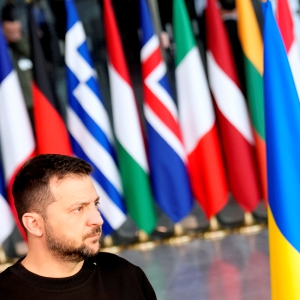 Susan Tracy: Support Ukraine funding
Susan Tracy: Support Ukraine funding
 In federal lawsuit, teacher accuses Amherst schools of violating civil rights, other district policies
In federal lawsuit, teacher accuses Amherst schools of violating civil rights, other district policies
 Tom Roeper: Cease-fire opportunities
Tom Roeper: Cease-fire opportunities
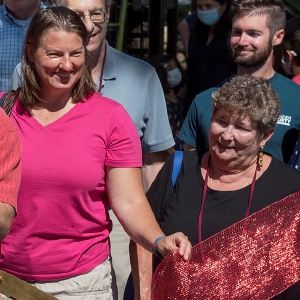 Amherst officials cool to bid to double spending hike for regional schools
Amherst officials cool to bid to double spending hike for regional schools
 Marie Lane: The emperor has no clothes
Marie Lane: The emperor has no clothes
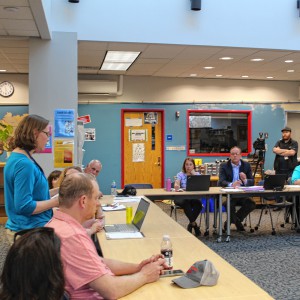 Frontier’s response to alleged sexual misconduct draws ire
Frontier’s response to alleged sexual misconduct draws ire
Editors Picks
 You’re up next: Western Mass open mic scene heats up post-pandemic
You’re up next: Western Mass open mic scene heats up post-pandemic
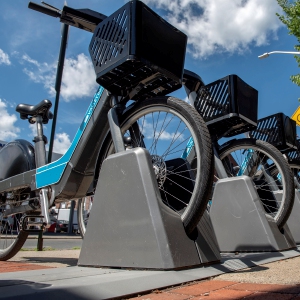 ValleyBike Share readying to roll again: Eight-town e-bicycle network gears up for relaunch
ValleyBike Share readying to roll again: Eight-town e-bicycle network gears up for relaunch
 Amherst set to start work on trail system at old Hickory Ridge Golf Course
Amherst set to start work on trail system at old Hickory Ridge Golf Course
 The Beat Goes On: Album release shows by Barnstar! and Lisa Bastoni, a Young@Heart Chorus concert with new special guests, and more
The Beat Goes On: Album release shows by Barnstar! and Lisa Bastoni, a Young@Heart Chorus concert with new special guests, and more
Sports
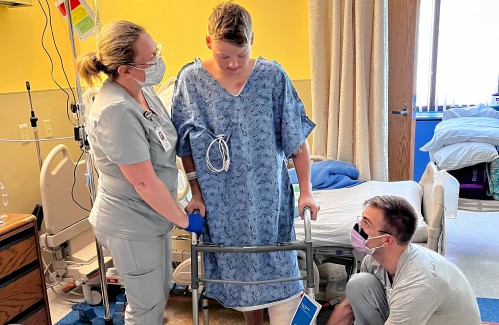
Defying the odds: Hadley’s Owen Earle back competing less than two years removed from horrific accident
Lying flat on his back in the middle of a field at Four Rex Farm in Hadley, Owen Earle stared straight into an endless stretch of overcast sky, raindrops gently splashing him.Although he didn’t feel much pain, he knew there was no getting up.“I had...
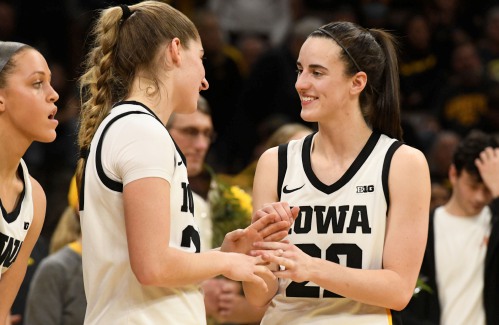 Guest columnist Karen List: A legend made in Iowa
Guest columnist Karen List: A legend made in Iowa
Opinion

Richard S. Bogartz: What the ghosts of Warsaw Ghetto know
By RICHARD S. BOGARTZ I had intended to continue my four-part series on President Joe Biden, but I must interrupt that project even though Part 2 is almost complete because, even though I don’t believe in ghosts, I keep encountering ghosts who insist...
 Guest columnist Ali Wicks-Lim: Racism is in our way
Guest columnist Ali Wicks-Lim: Racism is in our way

Arts & Life

One upon a story slam: This year’s Valley Voices winners head to a final competition
The assignment is pretty straightforward: Tell a concise story about your life, in no more than five minutes, that reflects a certain theme.The challenge is in telling that story with enough heart, spirit, verve, humor or whatever else you can conjure...

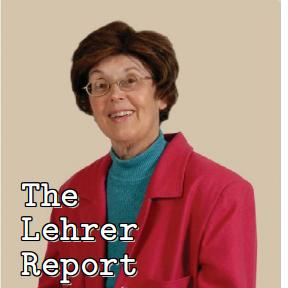
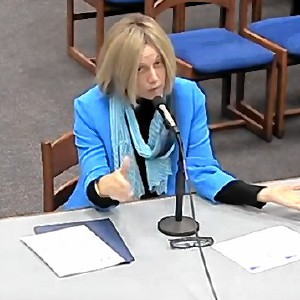 Amherst regional superintendent candidate stresses inclusion, broad expertise
Amherst regional superintendent candidate stresses inclusion, broad expertise
 Three Amherst Regional Middle School counselors absolved of Title IX offenses
Three Amherst Regional Middle School counselors absolved of Title IX offenses
 Amherst requests state grant to develop Puffer’s Pond improvement plan
Amherst requests state grant to develop Puffer’s Pond improvement plan
 Shutesbury Elementary School principal leaving in June after 10 years
Shutesbury Elementary School principal leaving in June after 10 years
 The Lehrer Report: April 19, 2024
The Lehrer Report: April 19, 2024
 Around Amherst: Sustainability Festival camping out on Common Saturday
Around Amherst: Sustainability Festival camping out on Common Saturday
 Guest columnist Gary Michael Tartakov: What antisemitism is not
Guest columnist Gary Michael Tartakov: What antisemitism is not
 Darcy Dumont: Amherst seeking faster track for energy transition
Darcy Dumont: Amherst seeking faster track for energy transition
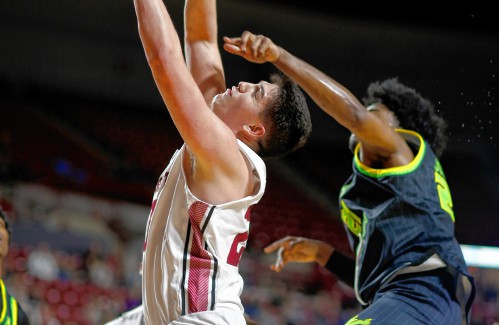 UMass basketball: Josh Cohen, Robert Davis Jr. first Minutemen to enter transfer portal
UMass basketball: Josh Cohen, Robert Davis Jr. first Minutemen to enter transfer portal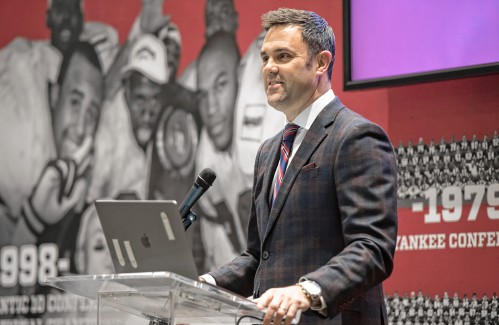 UMass confirms sports programs moving to the Mid-American Conference as it becomes 13th member
UMass confirms sports programs moving to the Mid-American Conference as it becomes 13th member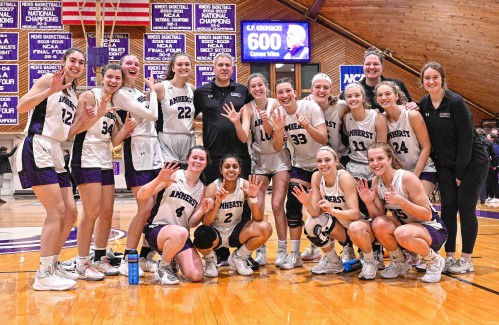 Amherst College women’s basketball coach Gromacki fastest in NCAA history to reach 600 wins
Amherst College women’s basketball coach Gromacki fastest in NCAA history to reach 600 wins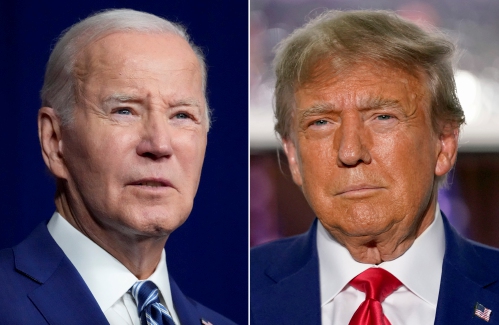 Guest columnist Dr. David Gottsegen: Age issue not so key as question of marbles
Guest columnist Dr. David Gottsegen: Age issue not so key as question of marbles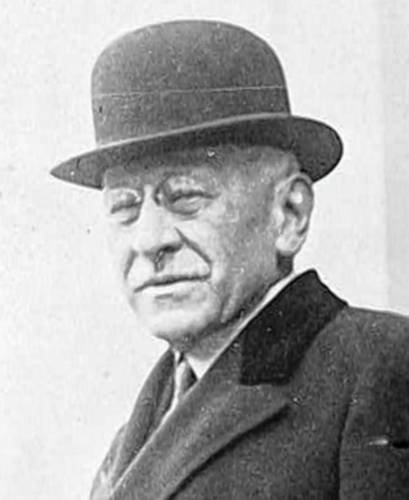 Guest columnist Martha Hanner: Spirit of philanthropy can uplift so many others
Guest columnist Martha Hanner: Spirit of philanthropy can uplift so many others Columnist Johanna Neumann: Halfway there — 2023 a year for major green projects in Amherst
Columnist Johanna Neumann: Halfway there — 2023 a year for major green projects in Amherst Preserving a key part of Emily Dickinson’s legacy: Historic Evergreens house reopens at the Emily Dickinson Museum
Preserving a key part of Emily Dickinson’s legacy: Historic Evergreens house reopens at the Emily Dickinson Museum The Beat Goes On: Chamber music at The Drake, a Saint Patrick’s weekend musical smorgasbord, and more
The Beat Goes On: Chamber music at The Drake, a Saint Patrick’s weekend musical smorgasbord, and more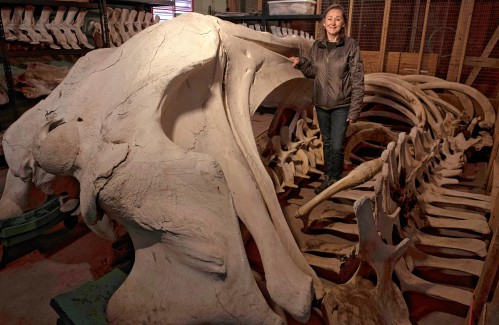 Speaker for the whales: Indigenous artist interprets endangered right whale’s legacy and meaning
Speaker for the whales: Indigenous artist interprets endangered right whale’s legacy and meaning The ABCs of children’s books: ‘Alphabet Soup’ at the Eric Carle Museum looks at how picture books come to life
The ABCs of children’s books: ‘Alphabet Soup’ at the Eric Carle Museum looks at how picture books come to life